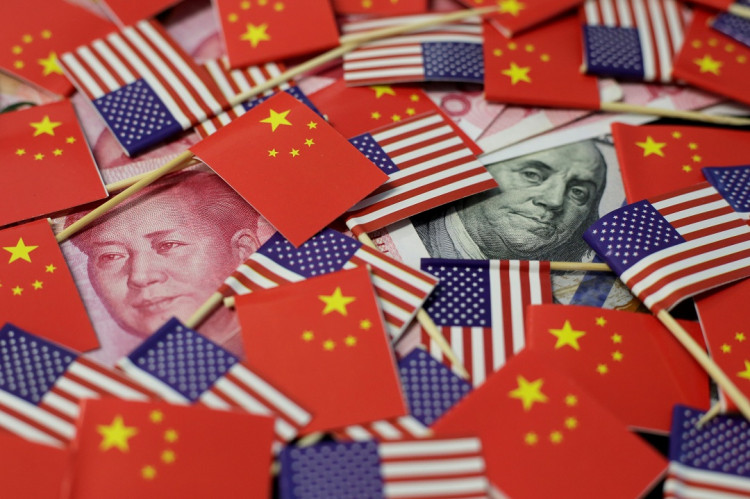Mergers and acquisitions activity throughout Asia has declined by more than 36 percent for the first half of 2019.
The decline in the number of deals in Asia has now placed the region's mergers and acquisitions value at its lowest point in over six years. The drop is being led by a decline in China-related deals, likely as a direct result of the ongoing trade dispute between China and the United States and an overall increase in regulatory scrutiny.
The value of the mergers and acquisitions that were made for the first half of 2019 in Asia, excluding Japan, fell to $241 billion. According to data released by Merger Market, the value is the lowest ever recorded since 2013. The second quarter of the year experienced the biggest drop, falling by more than 30 percent when compared to the same quarter last year.
Deals made by Mainland Chinese companies saw a significant drop of around 44.7 percent in the first half of the year, with Hong Kong deals falling by 11.1 percent. The biggest merger for the period was the $8.1 billion purchase of Ascendas-Singbridge by Singapore's investment arm Temasek Holdings.
While the Ascendas-Singbridge deal did contribute a significant amount to the overall mergers and acquisitions value in Asia, it still pales in comparison to the $74 billion acquisition made by Bristol-Myers Squibb of cancer drug developer Celgene in the United States.
Apart from having the largest acquisition for the first half of the year, the United States also hosted the top financial advisers for the world's mergers and acquisitions market for the period. The top three advisers were JPMorgan Chase, Bank of America Merrill Lynch, and Goldman Sachs.
Analysts have blamed the drop in major deals on the negative sentiments brought about by the ongoing trade dispute between China and the United States. Asian companies are apparently now more reluctant to initiate expensive acquisitions and mergers due to looming geopolitical uncertainties. In China, the acquisition of US companies had dropped by more than 95 percent last year following the escalation of the trade dispute.
Aside from China, other Asian economies are apparently also still very small to produce the kinds of mega deals with large valuations produced by western economies. Market analysts have also revealed that the outlook for mergers and acquisitions in Asia is not positive given the current situation.
Increased regulatory scrutiny has also been seen as part of the problem. The acquisition made by Bain Capital of Toshiba's chip unit last year is taking longer than expected as Chinese antitrust authorities continue their review of the $18 billion deal.





